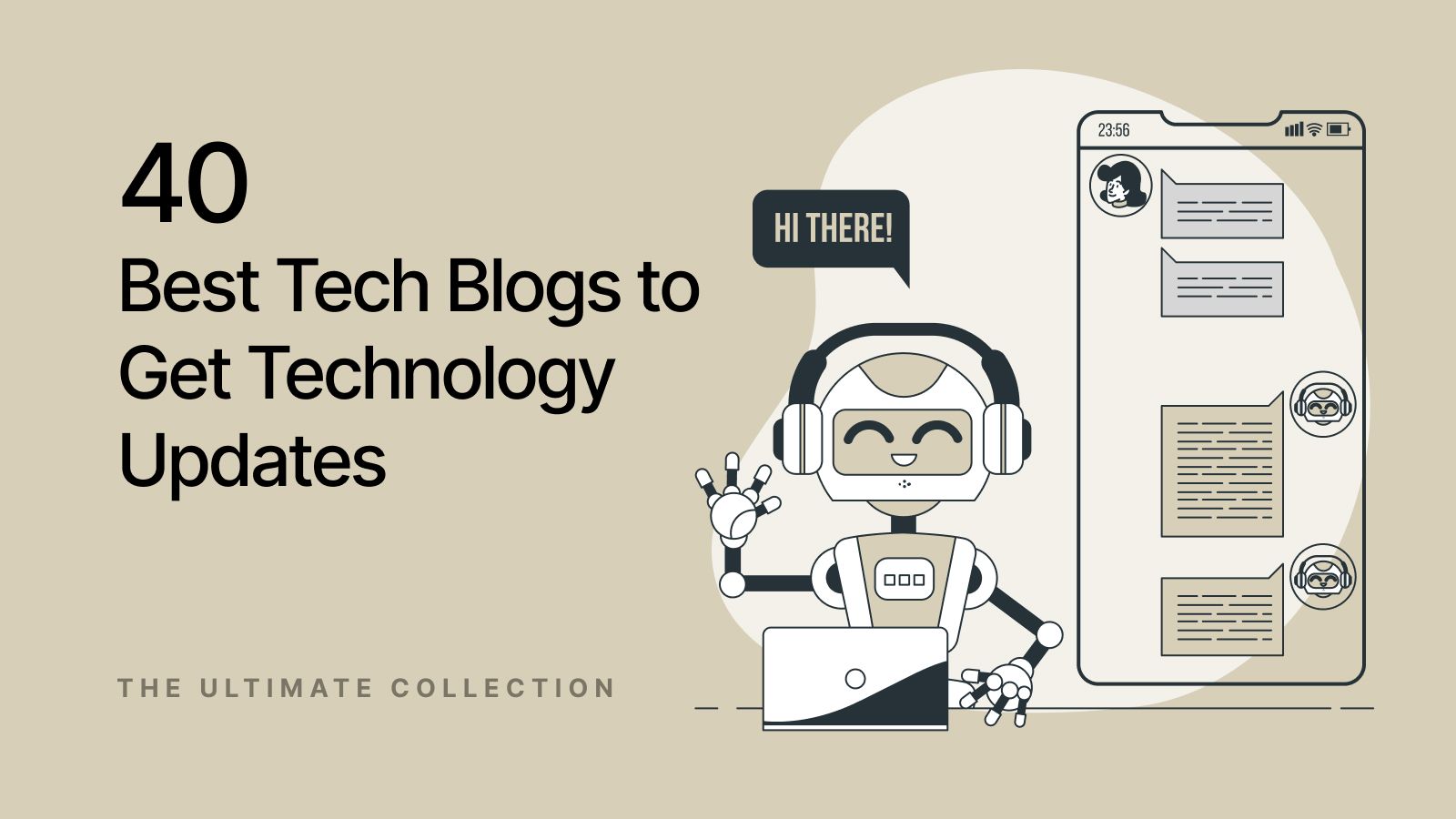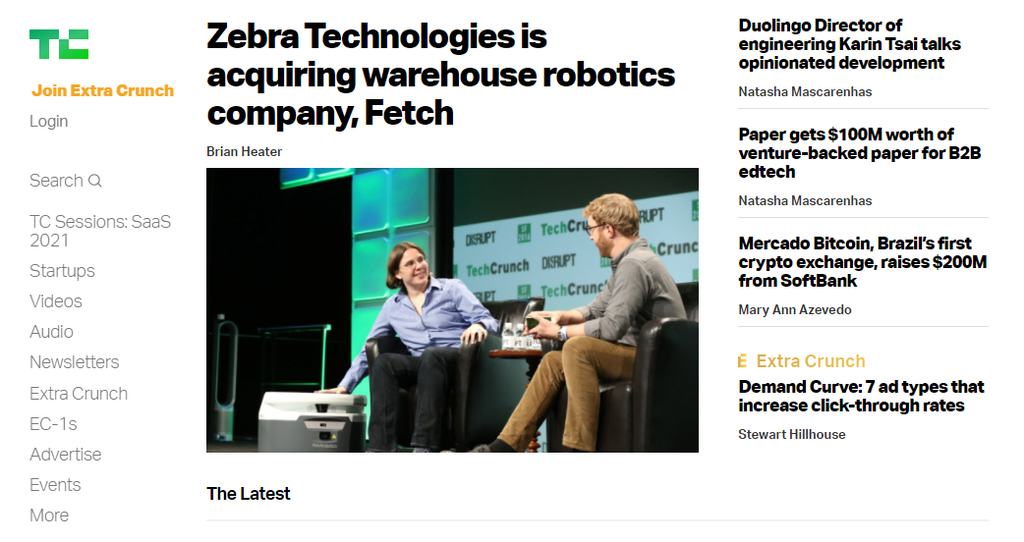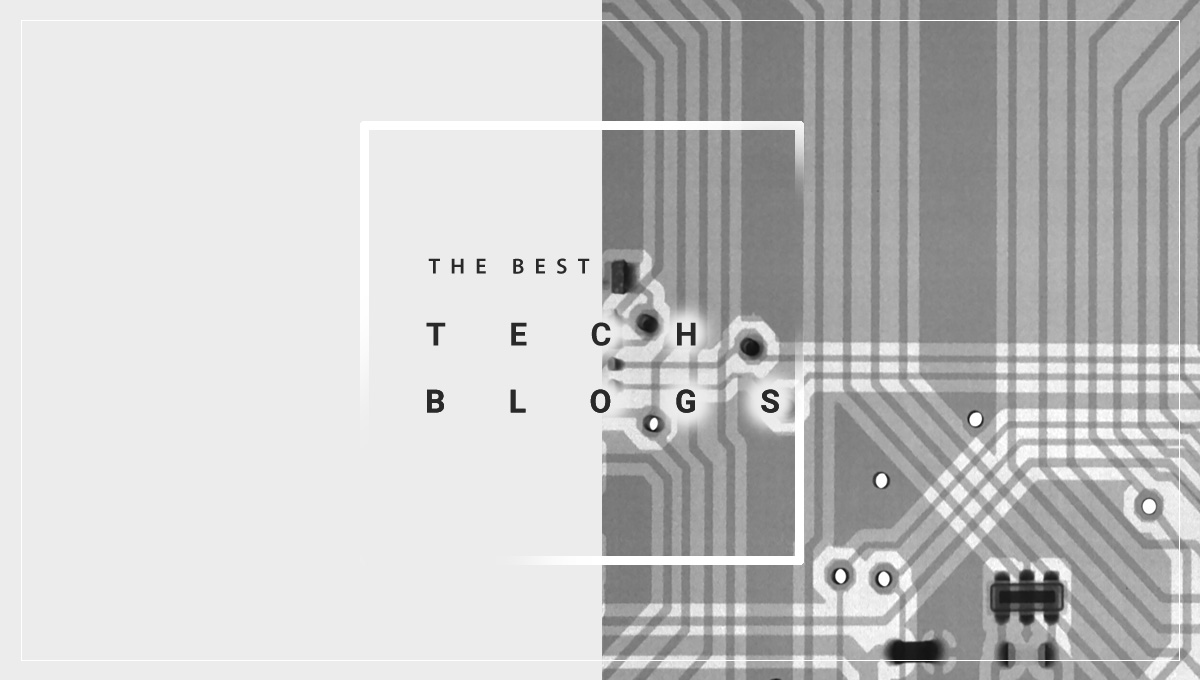Discover Hidden Gems in the Industry with the Best tech blog Recommendations
Discover Hidden Gems in the Industry with the Best tech blog Recommendations
Blog Article
Just How Blockchain Technology Is Revolutionizing Data Safety And Security
Blockchain modern technology is essentially modifying the landscape of data safety by introducing a decentralized structure that promises boosted openness and resilience. Unlike conventional systems, which count on centralized information databases, blockchain disperses information throughout a network, lessening susceptabilities and single points of failing. The use of innovative cryptographic strategies makes certain that data continues to be tamper-proof, promoting depend on amongst stakeholders and individuals. As markets swiftly adapt to this innovation, inquiries develop about its broader effect and potential obstacles. What implications does this change hold for future data defense techniques and governing frameworks? The responses may stun you (Best tech blog).
The Fundamentals of Blockchain
Blockchain technology, an advanced idea in digital information management, basically transforms how information is kept and safeguarded. At its core, a blockchain is a distributed journal that tapes purchases across a network of computer systems, making sure transparency and immutability. The modern technology runs on a chain of blocks, each consisting of a list of transactions. When a block is filled, it is time-stamped and linked to the previous block, creating a sequential chain.
Secret to recognizing blockchain is the hashing process, which encrypts purchase data into a distinct alphanumeric code. This cryptographic function ensures that any kind of alteration in the deal information causes an entirely different hash, thereby safeguarding against meddling. The consensus mechanism, another crucial component, confirms and verifies new transactions with a network of nodes, thereby eliminating the requirement for a central authority.
Moreover, blockchain's append-only framework makes certain that information, when added, can not be erased or altered. This particular guarantees a verifiable and long-term document of purchases, cultivating trust fund among participants. As a result, blockchain offers a durable framework for information honesty, supplying sectors a reliable approach for tracking and managing electronic details in a safe, transparent fashion.
Decentralization and Protection
Decentralization, a core principle of blockchain technology, substantially improves data safety and security by distributing control across a network rather than depending on a single, centralized entity. By spreading data throughout numerous nodes, blockchain guarantees that even if one node is endangered, the entire network continues to be protected.

Furthermore, decentralization empowers individuals with greater control over their data. Each individual in the network has accessibility to the entire blockchain, permitting them to validate and audit deals separately. This openness cultivates trust amongst individuals, as they do not need to count on a main authority to make sure information honesty. Overall, decentralization is crucial in boosting data security in blockchain networks.

Cryptographic Methods
At the heart of blockchain technology, cryptographic strategies play a crucial duty in safeguarding data, ensuring both confidentiality and honesty. These strategies are fundamental to the blockchain's ability to safely tape-record deals in a decentralized way. Cryptography in blockchain uses a mix of symmetrical and crooked algorithms to encrypt information, making it accessible just to accredited celebrations - Best tech blog. Public and private essential pairs are central to this procedure, permitting for safe verification and identification confirmation without disclosing sensitive information.
Hash features are one more essential component, changing input information right into a fixed-size string of characters, properly creating an unique digital fingerprint for each block. This guarantees that any attempt to change the data will result in a totally various hash, hence keeping the immutability of the blockchain. Digital trademarks confirm the authenticity and honesty of purchases, offering a layer of non-repudiation.
The decentralized nature of blockchain, incorporated with durable cryptographic strategies, gets rid of the demand for intermediaries, decreasing potential vulnerabilities. As blockchain technology evolves, developments in cryptography such as zero-knowledge evidence and homomorphic file encryption remain to enhance security measures, additionally fortifying data protection in this advanced electronic journal system.
Use Situations Across Industries

In the medical care industry, blockchain makes sure the safe and secure storage and sharing of person records, advertising interoperability while protecting sensitive data from unauthorized accessibility. This innovation encourages individuals with control over their medical history and assists in seamless coordination amongst health care carriers.
Supply chain management benefits significantly from blockchain's immutable ledger, which makes certain traceability and authenticity of items from origin to consumer. By enhancing openness, blockchain helps minimize concerns such as counterfeiting and dishonest sourcing.
Furthermore, blockchain's decentralized nature is improving the energy field by enabling peer-to-peer power trading, where consumers can deal excess eco-friendly energy directly. This fosters a more sustainable and efficient power environment.
In the world of intellectual residential or commercial property, blockchain provides a tamper-proof platform for makers to register and protect their jobs, making certain rightful attribution and fair payment. These diverse usage cases underline blockchain's duty as a pivotal force in redefining information protection throughout industries.
Future of Data Defense
As we aim to the future of data defense, blockchain technology is poised to play a pivotal role in securing digital information. With its decentralized and immutable features, blockchain provides a robust structure for protecting sensitive data against unapproved access and cyber hazards. This innovation makes sure that once information is videotaped, it is virtually impossible to look at more info alter without detection, hence offering a substantial benefit over conventional information storage space techniques.
The assimilation of blockchain with other sophisticated technologies, such as fabricated intelligence and the Internet of Points (IoT), is expected to improve information defense techniques even more. By leveraging clever contracts, organizations can apply and automate Get More Info safety protocols, minimizing human mistake and raising effectiveness. Furthermore, blockchain's ability to offer transparent and traceable purchases will certainly bolster trust and responsibility in data monitoring methods.
As regulative landscapes advance, blockchain's compliance-friendly nature will come to be significantly relevant. It can assist organizations meet stringent data security guidelines, such as the General Information Defense Regulation (GDPR) and the California Consumer Privacy Act (CCPA), by giving verifiable documents of information processing tasks. Eventually, blockchain's special qualities setting it as a transformative device in the continuous mission to protect the electronic world versus ever-evolving cyber threats.
Conclusion
Blockchain technology stands for a paradigm shift in data safety and security by leveraging decentralization and cryptographic strategies to enhance openness, trust, and data honesty. As cyber dangers develop, blockchain emerges as an important device for durable information protection across various sectors.
Blockchain innovation is essentially altering the landscape of data safety by presenting a decentralized framework that promises enhanced openness and resilience. Unlike conventional systems, which count on centralized data databases, blockchain distributes data across a network, decreasing susceptabilities and solitary points of failure.Decentralization, a core concept of blockchain modern technology, considerably enhances information security by dispersing control throughout a network instead than depending on a singular, centralized entity.At the heart of blockchain innovation, cryptographic strategies play a crucial role in guarding information, making sure both privacy and integrity.Blockchain modern technology stands for a paradigm change in More Help data safety and security by leveraging decentralization and cryptographic techniques to boost openness, trust, and information honesty.
Report this page